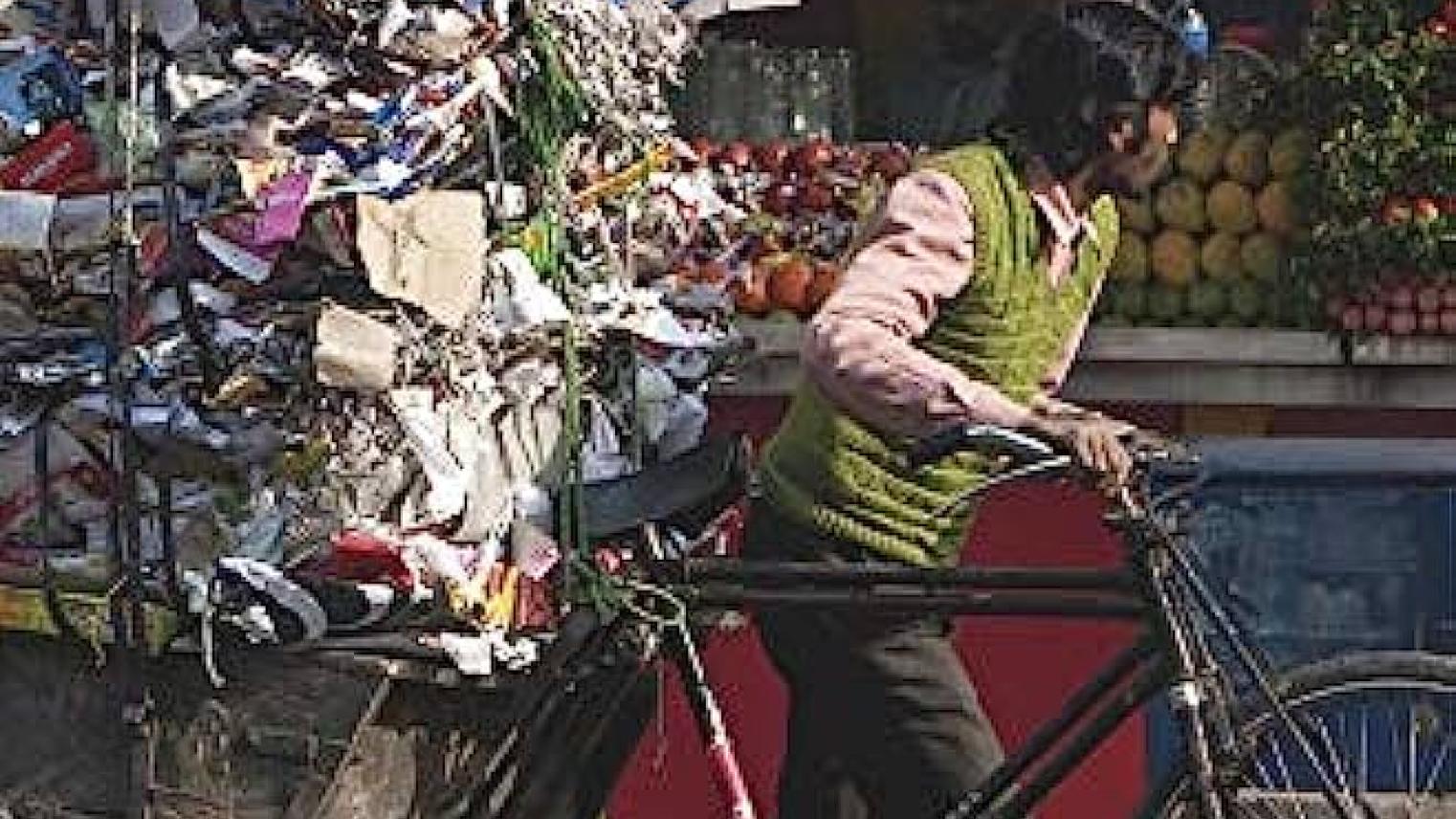Rubbish and sewage confront everyone every day, and the volumes of expelled materials – from excrement to industrial residues – grow faster than global population. In this talk, we will draw on India as our primary example, but will also allude to similarities and differences from other parts of the world. The success in mitigating waste – reducing, reusing or safely neutralising – depends on a complex chain, starting with the beliefs and practices of the makers and the takers (the people who have things they want to get rid of and the people who first remove such things for them). The chain, however, stretches a long way beyond them to include local and national governments and global organizations. “It’s a little complicated,” a young engineer running a large waste processing centre for a single zone of Bengaluru told us. We will try to outline the pieces of this great jigsaw and show how they need to fit together to mitigate some of the dangers.
About the speakers
Robin Jeffrey taught for twenty-five years at La Trobe University and worked twice at ANU. Since 2009 he has had an affiliation with the Institute of South Asian Studies in Singapore. His retirement project is Slices of India, an introduction to modern India based on the years of the Maha Kumbh Mela pilgrimage to Prayag (formerly Allahabad).
Assa Doron teaches Anthropology and South Asian Studies at the College of Asia and the Pacific, Australian National University. His main areas of interest include urban anthropology, development studies, media and public health. Doron’s most recent work on waste and public sanitation has also led him to led him to focus on the crisis of public health and antimicrobial resistance in India.
If you would like to attend this event, please email maxine.mcarthur@anu.edu.au
